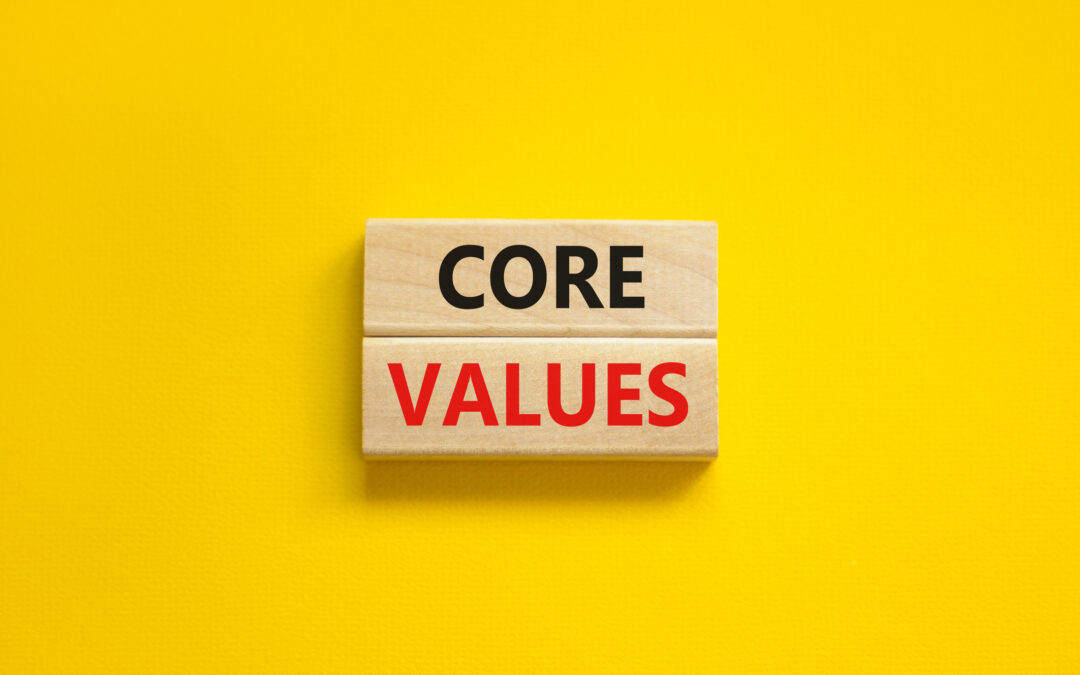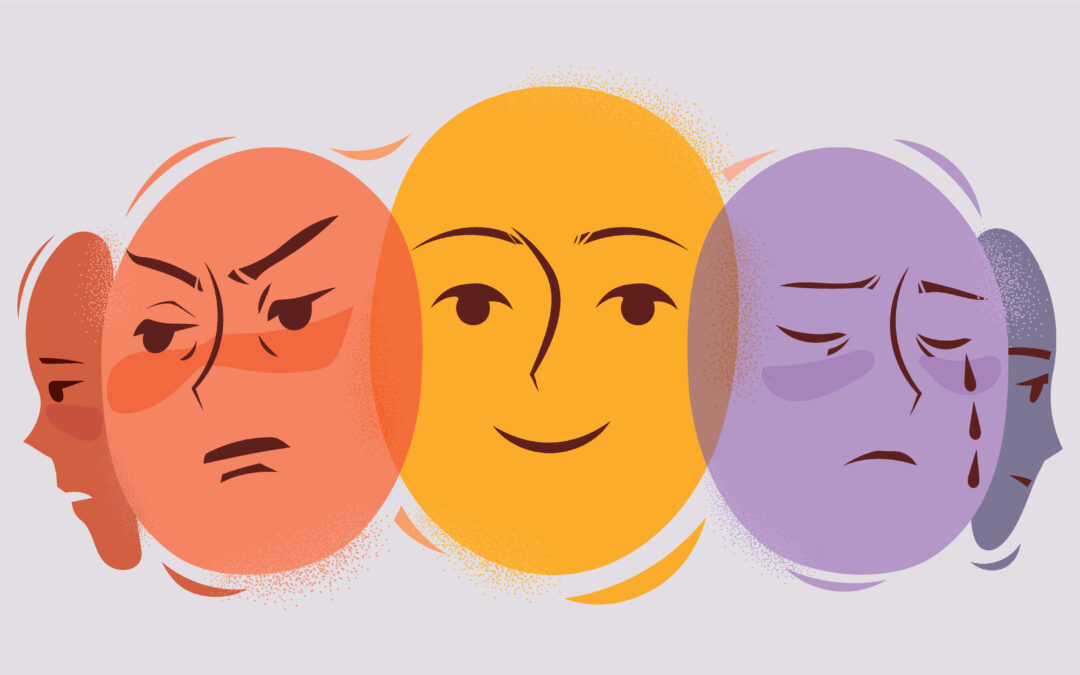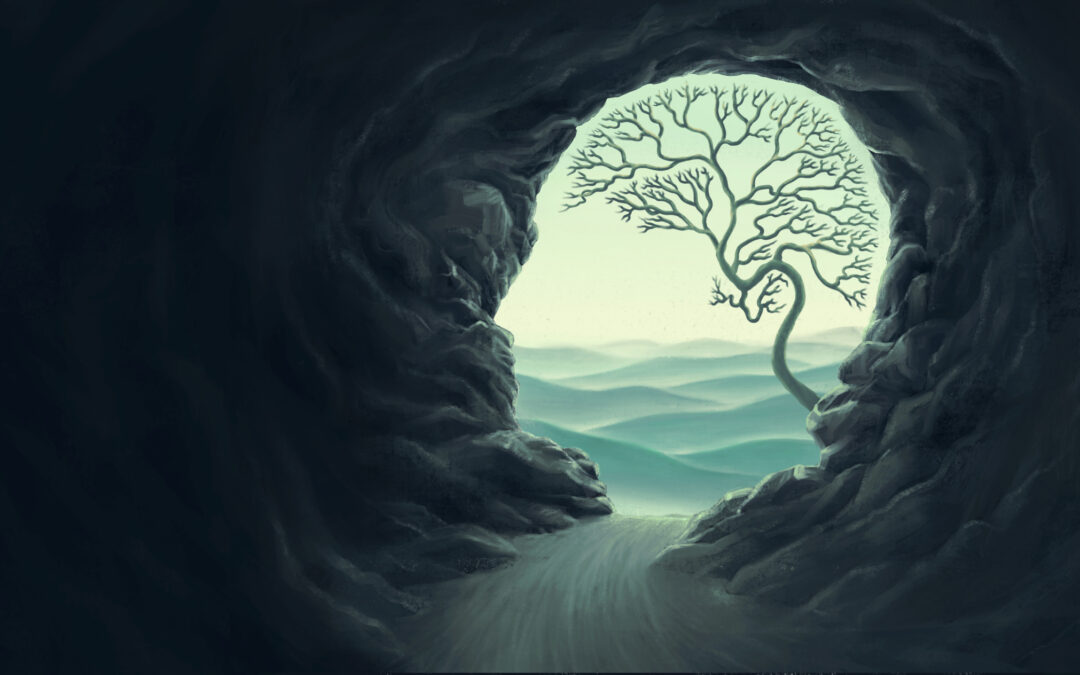When I am among the trees,
Especially the willows and the honey locust,
Equally the beech, the oaks and the pines,
They give off such hints of gladness
I would almost say they save me, and daily.
Excerpt, “When I Am Among The Trees” by Mary Oliver
We live in a world that allows us immediate, constant access to Internet spaces. This offers us accessibility, economic opportunity, entertainment, cultural exchange, education, and productivity. However, for as many benefits as there are, we’re also presented with challenges – Cognitive overwhelm, social isolation, distraction. Worldwide, we spend an average of six hours and 40 minutes per day on screens, and we average five or fewer hours in nature per week.
Research shares with us a wealth of information about how nature is beneficial for our emotional and cognitive health. When we disconnect and get ourselves into nature, we are happier, perform better on tasks, feel more energized, and experience real-time, literal connection to the world around us. The biophilia hypothesis (“biophilia” literally means love of life or love of living systems) suggests that humans have an innate tendency to seek connection with nature and other forms of life. This hypothesis states that spending time in nature triggers a physiological response that lowers stress levels. We have many studies that show humans perform better on cognitive tasks while listening to nature audio, pausing to view nature scenes, and green spaces adjacent to schools boost cognitive development in children. We know that adults perform better on work-related tasks when they, too, have access to green spaces.
Nature helps us feel joy, we become more creative, and moving our bodies further supports the metabolization of emotion. Neuroimaging studies have shown that being in nature activates regions of the brain associated with empathy and emotion regulation.
Back to social media for a sec – It’s important to acknowledge that we often see posts in the Internet space about folks who mountain climb, backpack across countries, and live on sailboats. It’s easy to engage in comparison and think of ourselves as not doing enough when we aren’t able to participate in viral-video-worthy feats. But, the nervous system doesn’t discriminate between the leaf on the tree at the top of the mountain and the leaf on the tree outside of your home.
Nature is everywhere, and can be free or low-cost to access. Some ideas, just to name a few:
- Sitting next to an open window
- Reading a book outside
- Picnicking with a loved one or friend
- Water balloon fight!
- Birding
- Journaling outside
- Hopscotch
- Disc golfing
- Running and/or walking
- Stargazing
- Laying in the grass and watching the clouds
- Gardening

A Guide to Self-Advocacy in Therapy
If you have been in therapy before or are currently looking for a counselor, know you are not alone if it feels like an intimidating process. The therapy world comes with many acronyms (CBT, DBT, EMDR, ACT, etc.) and it can be daunting to identify what it is you look...

Maintaining Sanity in a Work-Obsessed World
In today's fast-paced world, the pressure to excel professionally often comes at the cost of our mental and physical well-being. Anxiety, a common companion in this journey, can lead to burnout if left unchecked. Burnout is not merely feeling tired or stressed; it's a...

What is your “Why”? Core Values Exercises for Anxiety Resiliency
Anxiety often prompts us to steer clear of situations that trigger fear, causing many to shrink their lives to avoid such triggers. However, understanding and embracing our core values can provide a light through the darkness of anxiety and help us reconnect with a...

Journaling and Mental Health
If you have ever had a conversation with your therapist about coping skill development, you have probably received a recommendation to begin a journaling practice. Understandably, sometimes journaling is met with skepticism - What does writing about my emotions solve,...

Empowering the Self: An Introduction to Internal Family Systems Therapy
Understanding the Internal Family Systems Model Developed by Dr. Richard C. Schwartz in the 1980s, Internal Family Systems Therapy draws on a unique perspective that views the human psyche as a family system. Just as a family consists of different members with...

